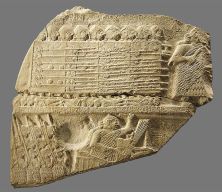@lostwanderingsoul hit the nail on the head. The church apostatized from the teachings of the Christ and introduced all the things that the pagans loved by just changing their name. This apostasy was foretold by Jesus and his apostles. (Matthew 13:24-30; Matthew 13:36-42; 2 Peter 2:1-3; 2 Thessalonians 2:9-12)
By the 4th century, Christianity had become a weak shadow of its former self, so when Constantine stepped in to unite his divided empire, he tried to appeal to all his subjects. As long as it sounded "Christian", it was fine for the 'Christians', and as long as it allowed their favorite pagan festivals and beliefs, the heathens didn't mind either. It became a truly "Catholic" (universal) religion....but unfortunately it didn't resemble the faith that Jesus espoused at all.
Once the church gained power it ravaged the people with threats of hellfire and torture at the hands of the Grand Inquisitor. There was much blood on the hands of the church. (Isaiah 1:15) Many were "converted" at the point of a sword.
Constantine was a pagan his whole life, feigning Christianity whilst sacrificing to Zeus. He was not even baptized until on his deathbed....hardly someone you want to organize the doctrines of a Christian church.
The church held a rather ruthless dominion over Europe for 1500 years until Luther posted his thesis on the church door. Protestantism resulted, but many Catholic teachings went with them. Rather than unite Christianity and bring it all together, it just splintered into more and more bickering sects.....and the rest as they say, is history.

